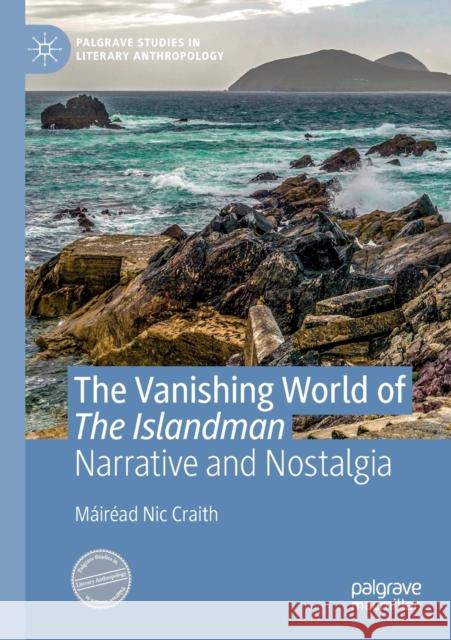The Vanishing World of the Islandman: Narrative and Nostalgia » książka
topmenu
The Vanishing World of the Islandman: Narrative and Nostalgia
ISBN-13: 9783030257743 / Angielski / Miękka / 2019 / 187 str.
Kategorie BISAC:
Wydawca:
Palgrave MacMillan
Seria wydawnicza:
Język:
Angielski
ISBN-13:
9783030257743
Rok wydania:
2019
Wydanie:
2020
Numer serii:
000795888
Ilość stron:
187
Waga:
0.26 kg
Wymiary:
21.01 x 14.81 x 1.17
Oprawa:
Miękka
Wolumenów:
01
Dodatkowe informacje:
Bibliografia
Wydanie ilustrowane
Wydanie ilustrowane











